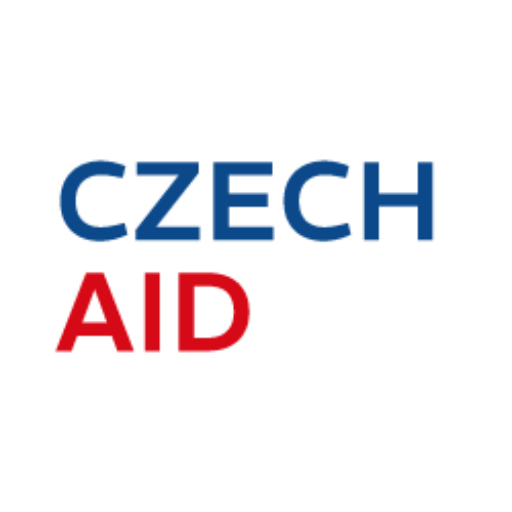Tailoring “care economy” principles to Georgian realities
The “care economy”, a socio-economic concept that promises to advance both growth and gender equality by investing in the care services that are now mainly provided through the unpaid labour of women who remain outside the workforce, was the focus of a round-table discussion held recently with Czech scholars as part of an initiative supported through the Czech-UNDP Partnership for SDGs as its “Expertise on Demand” component.
The article was originally published by UNDP Georgia.
“We see the ‘care economy’ as a good fit for Georgia since it delivers a triple payoff: improved care for vulnerable persons, new jobs for women and relief from the unpaid care work that so often hinders women’s employment,” said UNDP Head Louisa Vinton.
The roundtable featured presentations by Czech experts who are supporting UNDP in promoting and piloting care economy approaches in Georgia. Jan Rikovsky outlined a concept for community-run daycare centres for people requiring long-term care, such as people with disabilities and the elderly. The proposed approach highlights the crucial role of the local community, whose involvement in service planning is instrumental to respond better to the needs of beneficiaries. A daycare centre for children with disabilities in Khobi, Samegrelo region, is now supported by UNDP to implement the recommendations.
Georgian researchers and practitioners also discussed the research of Jana Valkova, who completed an assessment of the care system in Georgia with a specific focus on early childcare and eldercare. Valkova proposed policies to fine-tune the mix of care services in Georgia to best achieve the principles of the care economy. It is crucial to set and enforce standards for care services, and to institute community-level planned for social services – something that is not yet done systematically in Georgia. Some key care services are also missing, namely for the frail elderly, whose needs have become evident during the COVID-19 pandemic. In line with these findings, UNDP is developing the vocation of homecare worker with the aim of ensuring that professional care workers are trained to a common minimum standard.
The burden of unpaid care work remains an obstacle to women’s equal participation in the economy and society. A UNDP-UNFPA gender perception study showed that 70 percent of women see themselves as always or mainly responsible for the daily care of children. When it comes to household chores such as cooking or cleaning, over 90 percent of women take sole responsibility. The pandemic has only exacerbated this disproportion. The inputs from Czech experts will help develop policies and services aimed at relieving this unequal burden of unpaid care which disproportionately falls on women.
The Czech-UNDP Partnership provides partner countries with Czech expertise and innovative solutions aimed at achieving the Sustainable Development Goals. The broader goal in Georgia is to establish a network of researchers and practitioners working on evidence-based policymaking while drawing on UNDP’s international expertise in different fields to help address post-pandemic needs.
“We are happy to support the researchers who develop evidence-based, effective and sustainable solutions to fill the socio-economic gaps caused by the COVID-19 pandemic and to see more Czech experts joining the global network of professionals collaborating with UNDP,” said Jan Cernik, Head of Development Cooperation at the Czech Embassy.
In Georgia, this work is coordinated within the UN Joint Programme for Gender Equality, a Sweden-funded initiative that supports the political and economic empowerment of Georgian women and promotes gender equality in all spheres of life.


